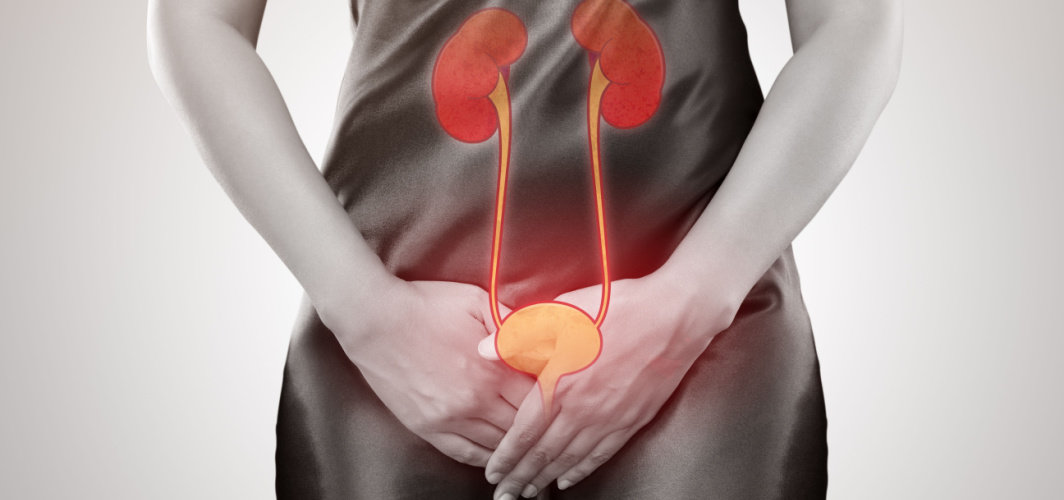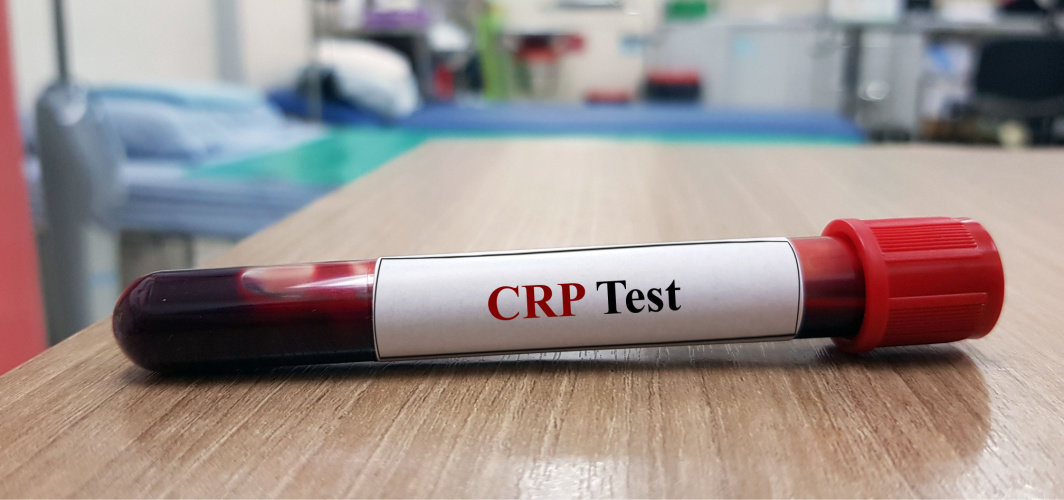- Home
- Blog
- General Health
Okacet Tablet: Antihistamine Benefits, Side Effects, and Dosage
General Health
Okacet Tablet: Antihistamine Benefits, Side Effects, and Dosage
By Apollo Pharmacy, Published on- 19 February 2025
Share this article
0
0 like

Okacet tablet is a prescription-only antihistamine medication that is widely used to treat various allergic conditions, including hay fever, conjunctivitis, skin reactions, and insect bite allergies. This article explores how Okacet tablet works, its benefits, usage instructions, potential side effects, and how to incorporate it into your treatment plan.
What is Okacet Tablet?
Okacet tablet belongs to a class of medicines called antihistamines. It contains cetirizine hydrochloride as the active ingredient, which helps in blocking the effects of histamine, a substance in the body that triggers allergic symptoms. This medication provides relief from sneezing, runny nose, itching, and watery eyes.
Histamine is a natural substance in the body that is involved in allergic reactions. When an allergen, such as pollen or pet dander, enters the body, histamine is released, causing symptoms like itching, swelling, and mucus production. By blocking histamine receptors, Okacet tablet helps alleviate these symptoms effectively.
How Okacet Tablet Works?
Okacet tablet is an anti-histaminic medication that blocks histamine receptors, preventing allergic reactions such as sneezing, itching, swelling, and congestion.
It works by selectively inhibiting the H1 receptor, preventing histamine from binding to it. This reduces symptoms like nasal congestion, itchy skin, and watery eyes. Unlike older antihistamines, Cetirizine is classified as a second-generation antihistamine, meaning it causes less drowsiness compared to first-generation options.
Key Ingredients in Okacet Tablet
The primary component of Okacet tablet is Cetirizine Hydrochloride. This active ingredient blocks histamine receptors, reducing allergic reactions such as swelling, itching, and congestion.
Benefits of Okacet Tablet
Okacet tablet offers relief from various allergic conditions, including:
- Allergic Rhinitis (Hay Fever): Effectively reduces nasal congestion, sneezing, runny nose, and watery eyes caused by seasonal allergens like pollen. It helps improve breathing and overall comfort.
- Skin Allergies and Hives: Provides relief from itching, redness, and swelling caused by conditions like urticaria (hives) and allergic dermatitis. It helps soothe skin irritation and prevents further allergic reactions.
- Eye Allergies (Conjunctivitis): Helps reduce redness, itching, and excessive tearing caused by allergens such as pollen, dust, and pet dander. It provides comfort and prevents irritation in sensitive eyes.
- Insect Bite Allergies: Minimises itching, swelling, and irritation resulting from insect bites and stings. It helps control allergic reactions and prevents excessive scratching, which can lead to skin infections.
- Perennial Allergies: Provides year-round relief from allergies caused by dust mites, mould, pet dander, and other environmental triggers. It helps manage chronic allergy symptoms effectively.
How to Use Okacet Tablet?
For best results, follow these guidelines when using the Okacet tablet:
- Take as Directed: Follow your doctor's instructions regarding dosage and duration.
- Swallow Whole: Take the tablet with water without chewing, crushing, or breaking it.
- With or Without Food: Okacet tablet can be taken with or without food, but it is best to take it at a consistent time each day.
- Evening Dose Recommended: It is generally taken in the evening, but follow your doctor's guidance.
- Missed Dose: If you miss a dose, take it as soon as you remember. However, if it is almost time for your next dose, skip the missed one and continue with your regular schedule.
- Storage: Store in a cool, dry place away from direct sunlight and moisture.
Possible Side Effects of Okacet Tablet
Okacet tablet is generally well tolerated, but some individuals may experience mild side effects, such as:
1. Common Side Effects:
- Drowsiness and dizziness
- Fatigue and tiredness
- Dry mouth
- Headache
- Sore throat
- Constipation or vomiting
2. Rare but Serious Side Effects:
- Difficulty urinating
- Severe allergic reactions, including rash and swelling
- If you experience persistent or worsening side effects, seek medical attention immediately to prevent complications.
- Consult your doctor for guidance on managing symptoms and ensuring the safe use of the medication.
Who Should Use Okacet Tablet?
Okacet tablet is suitable for individuals experiencing:
- Seasonal or perennial allergies (hay fever, dust allergies, pet allergies)
- Skin allergies, including hives and itching
- Eye allergies, such as conjunctivitis
- Allergic reactions to insect bites
Who Should Avoid Okacet Tablet?
This medication may not be suitable for everyone. Avoid using Okacet tablet if you:
- Have a known allergy to Cetirizine or any of its ingredients.
- Have severe kidney disease (dose adjustment may be required for mild to moderate cases).
- Are pregnant or breastfeeding without consulting your doctor.
- Consume alcohol frequently, as it may increase drowsiness.
Additional Safety Advice
- Alcohol: Avoid alcohol consumption as it can enhance drowsiness.
- Pregnancy & Breastfeeding: Consult your doctor before use, as larger doses may cause drowsiness in infants.
- Driving & Machinery Use: May cause dizziness or drowsiness, so avoid operating machinery if affected.
- Kidney Disease: Patients with kidney conditions should seek medical advice for dose adjustments.
- Liver Disease: Generally safe in patients with liver conditions, but consult your doctor for guidance.
- Children & Elderly Patients: Special caution should be taken for children and elderly patients, as they may be more sensitive to the effects of Okacet tablet.
Conclusion
Okacet tablet is an effective antihistamine that helps relieve various allergic conditions, including hay fever, skin allergies, and reactions to insect bites. By following the recommended dosage and precautions, you can manage symptoms effectively while minimising side effects. It is important to take the medication as prescribed and avoid potential triggers that may worsen allergies. If you experience persistent symptoms or severe reactions, seek medical advice immediately. Regular use, when necessary, can improve your quality of life by reducing discomfort caused by allergies. However, avoid self-medication and consult your doctor before long-term use. Those with existing medical conditions or taking other medications should inform their healthcare provider beforehand. Always prioritise safety and follow professional guidance for the best results.
Services
General Health
Leave Comment
Services
Recommended for you

General Health
How to Reduce Body Heat: Expert Tips for Managing Hyperthermia
Learn effective ways to reduce body heat and stay cool in hot weather. Discover lifestyle tips, new technologies, and guidelines for managing body heat. Stay comfortable all year round!

General Health
Urine Infection: Symptoms, Cause, Diagnosis, Treatment, Prevention
Discover the causes, symptoms, and prevention of urine infections. Stay informed about the latest guidelines, technologies, and lifestyle factors to maintain a healthy urinary tract.

General Health
C- Reactive Protein (CRP) Test: Readings And Ways To Lower It
Learn about CRP, a protein produced by the liver in response to inflammation. Discover its role in diagnosing and monitoring diseases like infections, autoimmune disorders, and cardiovascular conditions. Stay informed about the latest guidelines, technologies, and lifestyle factors related to CRP.
Subscribe
Sign up for our free Health Library Daily Newsletter
Get doctor-approved health tips, news, and more.

